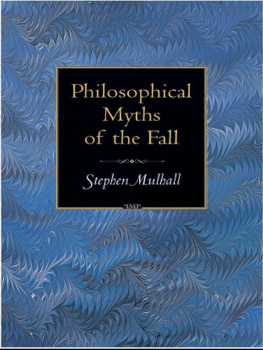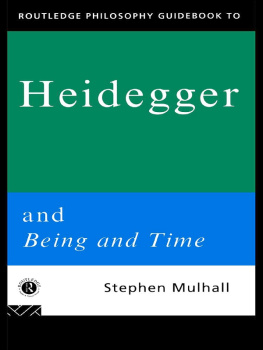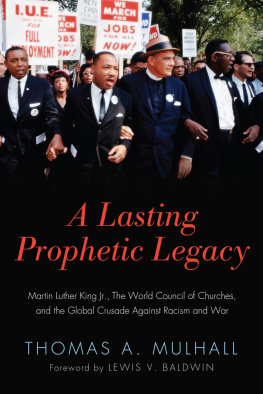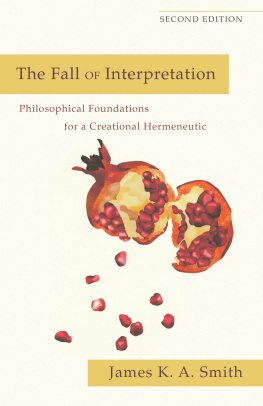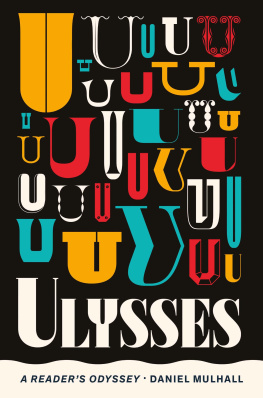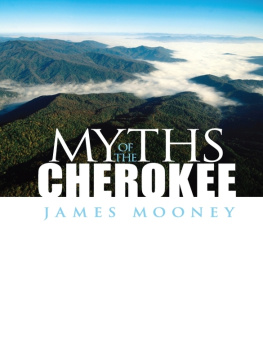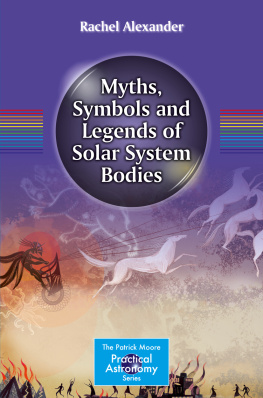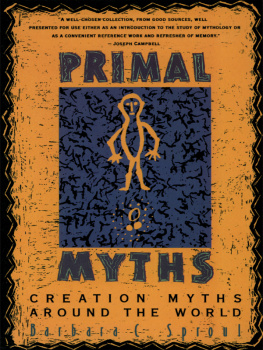Mulhall - Philosophical Myths of the Fall
Here you can read online Mulhall - Philosophical Myths of the Fall full text of the book (entire story) in english for free. Download pdf and epub, get meaning, cover and reviews about this ebook. City: Princeton, year: 2009;2008, publisher: Princeton University Press, genre: Religion. Description of the work, (preface) as well as reviews are available. Best literature library LitArk.com created for fans of good reading and offers a wide selection of genres:
Romance novel
Science fiction
Adventure
Detective
Science
History
Home and family
Prose
Art
Politics
Computer
Non-fiction
Religion
Business
Children
Humor
Choose a favorite category and find really read worthwhile books. Enjoy immersion in the world of imagination, feel the emotions of the characters or learn something new for yourself, make an fascinating discovery.
Philosophical Myths of the Fall: summary, description and annotation
We offer to read an annotation, description, summary or preface (depends on what the author of the book "Philosophical Myths of the Fall" wrote himself). If you haven't found the necessary information about the book — write in the comments, we will try to find it.
Mulhall: author's other books
Who wrote Philosophical Myths of the Fall? Find out the surname, the name of the author of the book and a list of all author's works by series.
Philosophical Myths of the Fall — read online for free the complete book (whole text) full work
Below is the text of the book, divided by pages. System saving the place of the last page read, allows you to conveniently read the book "Philosophical Myths of the Fall" online for free, without having to search again every time where you left off. Put a bookmark, and you can go to the page where you finished reading at any time.
Font size:
Interval:
Bookmark:
PHILOSOPHICAL MYTHS OF THE FALL

PRINCETON MONOGRAPHS
IN PHILOSOPHY
Harry Frankfurt, Editor

The Princeton Monographs in Philosophy series
offers short historical and systematic studies
on a wide variety of philosophical topics
Justice Is Conflict by STUART HAMPSHIRE
Liberty Worth the Name by GIDEON YAFFE
Self-Deception Unmasked by ALFRED R. MELE
Public Goods, Private Goods by RAYMOND GEUSS
Welfare and Rational Care by STEPHEN DARWALL
A Defense of Hume on Miracles by ROBERT J. FOGELIN
Kierkegaards Concept of Despair by MICHAEL THEUNISSEN
Physicalism, or Something Near Enough by JAEWONG KIM
Philosophical Myths of the Fall by STEPHEN MULHALL
Fixing Frege by JOHN P. BURGESS
PHILOSOPHICAL
MYTHS
OF THE FALL

Stephen Mulhall
PRINCETON UNIVERSITY PRESS PRINCETON AND OXFORD
Copyright 2005 by Princeton University Press
Published by Princeton University Press, 41 William Street,
Princeton, New Jersey 08540
In the United Kingdom: Princeton University Press, 3 Market Place,
Woodstock, Oxfordshire OX20 1SY
All Rights Reserved
Second printing, and first paperback printing, 2007
eISBN: 978-1-40082-665-0
The Library of Congress Has Cataloged The Cloth Edition
of This Book as Follows
Mulhall, Stephen, 1962
Philosophical myths of the fall / Stephen Mulhall.
p.cm. (Princeton monographs in philosophy)
Includes bibliographical references and index.
1. Fall of man. 2. Philosophical anthropology.
3. Nietzsche, Friedrich Wilhelm, 18441900Contributions inphilosophical anthropology. 4. Wittgenstein, Ludwig, 18891951Contributions in philosophy and anthropology. 5. Heidegger, Martin, 18891976Contributions in philosophical anthropology.
I. Title. II. Series.
BD450.M774 2005
128'..092'2dc222004054931
British Library Cataloging-in-Publication Data is available
This book has been composed in Janson Text and Centaur display
Princton on acid-free paper.
press.princeton.edu
Printed in the United States of America
3 5 7 9 10 8 6 4 2
Contents

Index
Acknowledgments

I WOULD LIKE TO THANK PAUL CORTOIS, and the other members of the Institute of Philosophy and the Faculty of Theology at the Catholic University of Leuven, who kindly invited me to give a series of lectures there, as part of a larger project on religion in which they are collaborating with the Religious Studies department at Antwerp University, and thereby encouraged me to try out early versions of each of these chapters before an exceptionally knowledgeable and accommodating audience. I would particularly like to thank Martin Stone, who not only made my week in Leuven outside the lecture hall a matter of real social and intellectual pleasure, but also acted as respondent to one of my lectures; and thanks are also due to William Desmond and Rudi Visker, my other respondents, with whom I also managed to combine stimulating conversation with good Belgian beer. Thanks, as always, go to Alison, Eleanor, and Matthew, for allowing me to spend the time needed to transform the text of my Leuven lectures into this book, and for distracting me from that text whenever I emerged from my study.
A version of chapter 1 appeared in Tijdschrift voor Filosofie 66/1 (March 2004). Portions of chapters 2 and 3 traverse ground that I crossed earlier in parts of my Inheritance and Originality (Oxford University Press: Oxford, 2001), as well as in Heideggerand Being and Time (Routledge: London, 1996); but juxtaposing my interpretations of Heidegger and Wittgenstein with a reading of Nietzsche for the first time allowed me to see ways of modifying, refining, and going on from all three thinkers in ways that I could not otherwise have managed.
PHILOSOPHICAL MYTHS OF THE FALL

Introduction

Now the serpent was more subtil than any beast of the field which the Lord God had made. And he said untothe woman, Yea, hath God said, Ye shall not eat of every tree of the garden?
And the woman said unto the serpent, We may eat of the fruit of the trees of the garden: but of the fruit ofthe tree which is in the midst of the garden, God hathsaid, Ye shall not eat of it, neither shall ye touch it, lest ye die.
And the serpent said unto the woman, Ye shall notsurely die: For God doth know that in the day ye eatthereof, then your eyes shall be opened and ye shall be as gods, knowing good and evil.
And when the woman saw that the tree was good for food, and that it was pleasant to the eyes, and a tree tobe desired to make one wise, she took of the fruitthereof, and did eat, and gave also unto her husbandwith her; and he did eat.
And the eyes of them both were opened, and theyknew that they were naked; and they sewed fig-leavestogether and made themselves aprons.
And they heard the voice of the Lord God walkingin the garden in the cool of the day; and Adam and his wife hid themselves from the presence of the Lord Godamongst the trees of the garden. And the Lord Godcalled unto Adam and said unto him, Where art thou?
And he said, I heard thy voice in the garden, and Iwas afraid, because I was naked; and I hid myself.
And he said, Who told thee that thou wast naked? Hast thou eaten of the tree, whereof I commanded thee that thou shouldst not eat?
And the man said, the woman whom thou gavest tobe with me, she gave me of the tree, and I did eat. And the Lord God said unto the woman, What is this thatthou hast done? And the woman said, The serpent beguiled me, and I did eat.
And the Lord God said unto the serpent, Becausethou hast done this, thou art cursed above all cattle, and above every beast of the field; upon thy belly shalt thou go, and dust thou shalt eat all the days of thy life; and I will put enmity between thee and the woman, and between thy seed and her seed; it shall bruise thy head,and thou shalt bruise his heel.
Unto the woman he said, I will greatly multiply thysorrow and thy conception; in sorrow thou shalt bring forth children; and thy desire shall be to thy husband,and he shall rule over thee.
And unto Adam he said, Because thou has hearkened unto the voice of thy wife, and hast eaten of the tree, of which I commanded thee, saying, Thou shalt not eat of it: cursed is the ground for thy sake; in sorrow shaltthou eat of it all the days of thy life; thorns also and this-tles shall it bring forth to thee; and thou shalt eat theherb of the field; in the sweat of thy face thou shalt eat bread, till thou return unto the ground; for out of itwast thou taken: for dust thou art and unto dust shaltthou return.
Next pageFont size:
Interval:
Bookmark:
Similar books «Philosophical Myths of the Fall»
Look at similar books to Philosophical Myths of the Fall. We have selected literature similar in name and meaning in the hope of providing readers with more options to find new, interesting, not yet read works.
Discussion, reviews of the book Philosophical Myths of the Fall and just readers' own opinions. Leave your comments, write what you think about the work, its meaning or the main characters. Specify what exactly you liked and what you didn't like, and why you think so.

